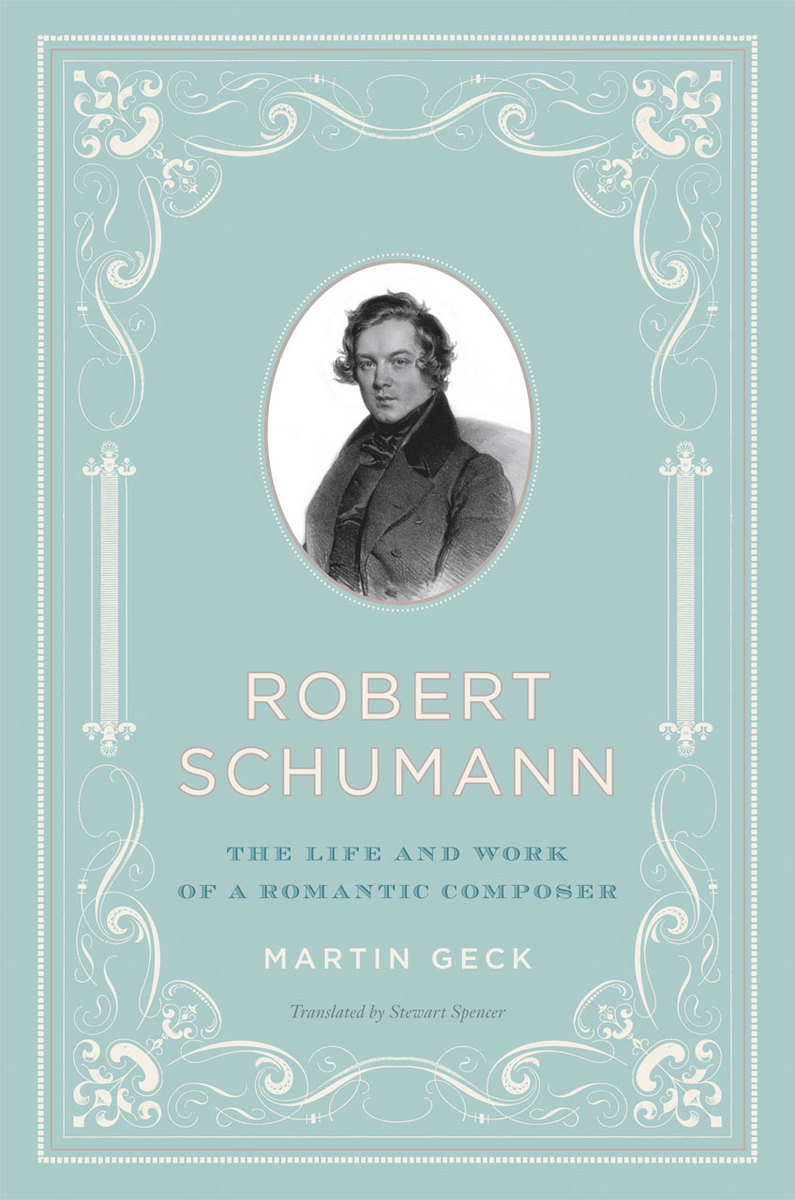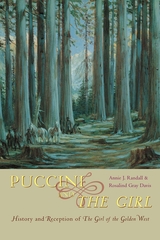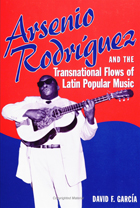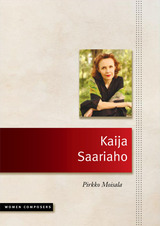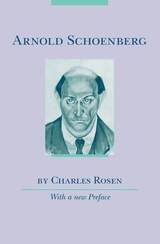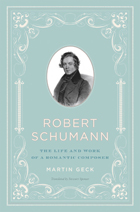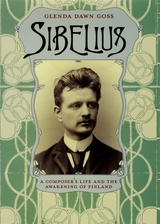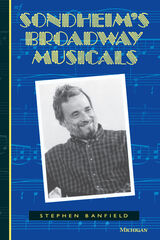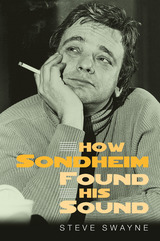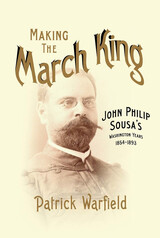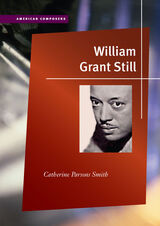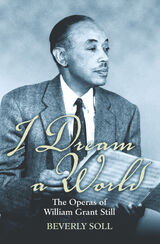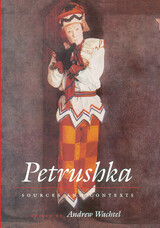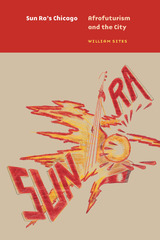Robert Schumann: The Life and Work of a Romantic Composer
University of Chicago Press, 2012
eISBN: 978-0-226-28471-2 | Cloth: 978-0-226-28469-9
Library of Congress Classification ML410.S4G29613 2012
Dewey Decimal Classification 780.92
eISBN: 978-0-226-28471-2 | Cloth: 978-0-226-28469-9
Library of Congress Classification ML410.S4G29613 2012
Dewey Decimal Classification 780.92
ABOUT THIS BOOK | AUTHOR BIOGRAPHY | REVIEWS | TOC | REQUEST ACCESSIBLE FILE
ABOUT THIS BOOK
Robert Schumann (1810–56) is one of the most important and representative composers of the Romantic era. Born in Zwickau, Germany, Schumann began piano instruction at age seven and immediately developed a passion for music. When a permanent injury to his hand prevented him from pursuing a career as a touring concert pianist, he turned his energies and talents to composing, writing hundreds of works for piano and voice, as well as four symphonies and an opera. Here acclaimed biographer Martin Geck tells the fascinating story of this multifaceted genius, set in the context of the political and social revolutions of his time.
The image of Schumann the man and the artist that emerges in Geck’s book is complex. Geck shows Schumann to be not only a major composer and music critic—he cofounded and wrote articles for the controversial Neue Zeitschrift für Musik—but also a political activist, the father of eight children, and an addict of mind-altering drugs. Through hard work and determination bordering on the obsessive, Schumann was able to control his demons and channel the tensions that seethed within him into music that mixes the popular and esoteric, resulting in compositions that require the creative engagement of reader and listener.
The more we know about a composer, the more we hear his personality in his music, even if it is above all on the strength of his work that we love and admire him. Martin Geck’s book on Schumann is not just another rehashing of Schumann’s life and works, but an intelligent, personal interpretation of the composer as a musical, literary, and cultural personality.
See other books on: 1810-1856 | Classical | Composers | Geck, Martin | Schumann, Robert
See other titles from University of Chicago Press
